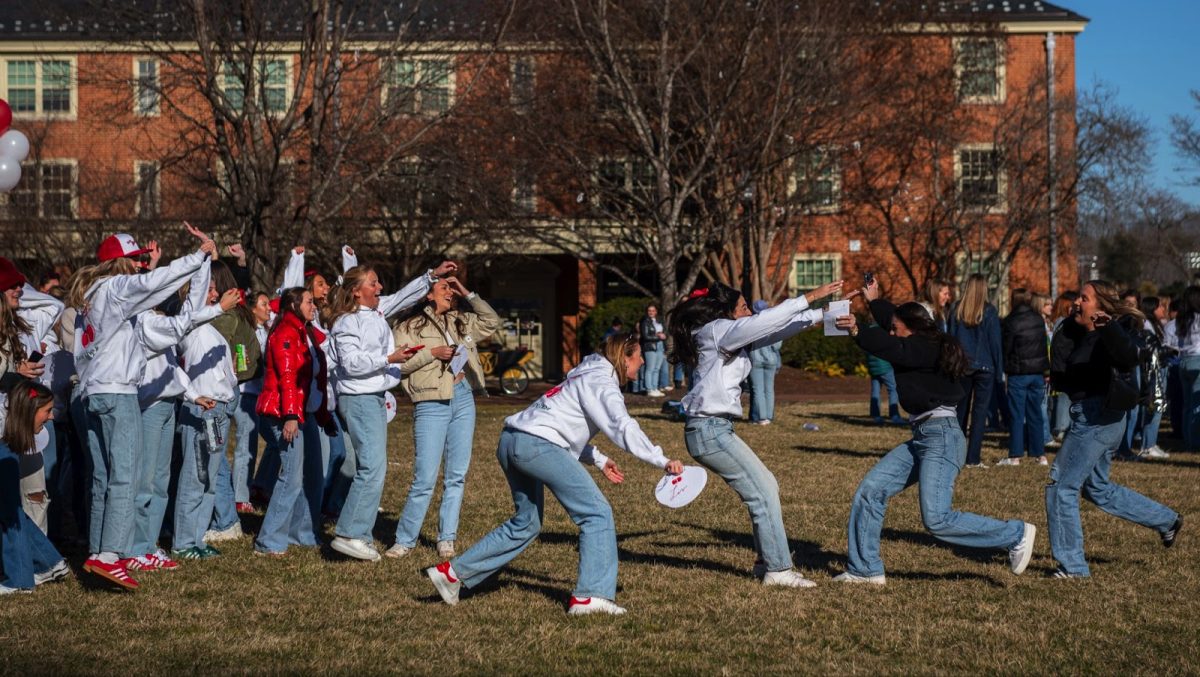Last weekend was not a good one for Wake Forest. Most notably, an individual lost his life during an altercation on campus at the Barn. This tragic occurrence and the media coverage that followed (deservingly) overshadowed another unfortunate event — a racist post on Instagram.
In the post, a Wake Forest student drunkenly admitted to calling her resident advisor the n-word. The fallout from the posting included campus-wide emails from Vice President of Campus Life Penny Rue and President Hatch, as well as from the departure of the student in the video from the university.
Waking up on Saturday morning and seeing the post and the reactions to it, I wasn’t sure how to feel. As an African American and someone who values tolerance and inclusion, I feel there are societal pressures for you to be ‘outraged.’ Oddly, feelings of outrage never manifested. Even stranger, a sense of indifference was the first thing I felt; it was almost as if I was not surprised that this happened. Eventually, this ‘indifference’ turned into despondency and pity.
First, I feel sorry for the school. Wake Forest prides itself on being an inclusive environment, even dedicating an Office of Diversity and Inclusion to promote a “safe, equitable, growth-minded and engaged campus community, wherein students, staff, and faculty — within and across multiple identities — can feel supported and valued in their personal and professional development.”
Weirdly, I feel sorry for the girl in the video. Yes, her post was ignorant, racist and not representative of the values of Wake Forest, but her life will be substantially harder due to an ill-advised post. She has embarrassed herself, her family and Wake Forest. She is no longer enrolled at a college ranked in the top-30 nationally. In the future, every time her name is googled, this incident will appear in the search results, making it considerably more difficult to find a good job and/or get into a graduate program. Some will say that she deserves these consequences, and maybe she does, but while her actions are indefensible, that doesn’t necessarily mean her actions are unforgivable. In responding to the situation, we have to ask ourselves what the goal is. Is the goal purely to punish in order to claim the moral high ground, or is the goal to address the root of the problem: racism. Is purely punishing the individual actively solving and preventing racist remarks on campus or is it serving as a deterrent and example of what happens when someone gets caught?
These are questions everybody needs to ask themselves when scrutinizing situations like this. Every situation has nuance, therefore, every reaction should be tailored to the specific instance. It is obvious that we are not living in a post-racial society — a notion that was briefly considered after electing a black man for president in 2008. Our ability to improve as a community regarding racial matters starts with a frank dialogue that recognizes our transgressions and biases, striving to address them pragmatically. This is something simple in theory but uncomfortable to attempt. Hopefully this recent instance on campus can serve as a catalyst for a real, transparent discussion and an opportunity for improvement.













